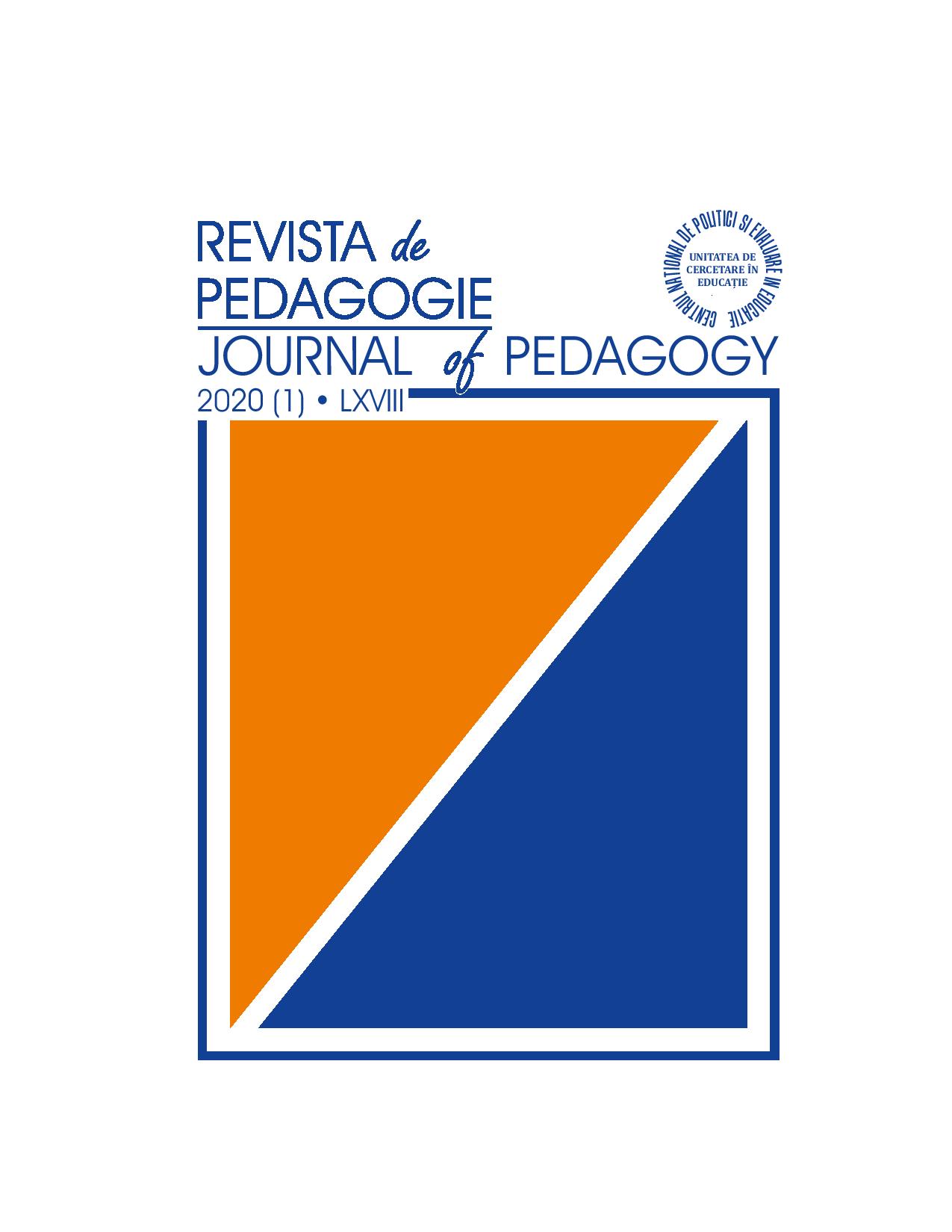Autoeficienţa cu privire la deprinderile academice şi aşteptările legate de absolvirea facultăţii ca predictori ai satisfacţiei faţă de domeniul de studiu ales şi ai intenţiei de renunţare la facultate
ACADEMIC SKILLS SELF-EFFICACY AND COLLEGE-GOING OUTCOME EXPECTATIONS AS PREDICTORS OF UNDERGRADUATES’ SATISFACTION WITH THEIR CHOSEN AREA OF STUDY AND DROPOUT INTENTIONS
Author(s): Raluca Livinți, Dragos IliescuSubject(s): Social Sciences, Education, Psychology
Published by: Centrul Național de Politici și Evaluare în Educație
Keywords: academic skills self-efficacy; college-going outcome expectations; Holland congruence index; Social Cognitive Career Theory; university dropout;
Summary/Abstract: Building on the integrative model from the Social Cognitive Career Theory, the present study investigates in a longitudinal approach the association between students’ academic skills self-efficacy, college-going outcome expectations, and intention to drop out of their academic studies, as mediated by satisfaction with their chosen area of study. It also investigates whether vocational fit/congruence adds an increment to the aforementioned variables in explaining the intention to drop out of university. The sample included 167 freshmen students in various areas of study who filled in questionnaires of self-efficacy, outcome expectations, and vocational fit in the first weeks at university. In the second semester, six months later, they filled in instruments that measure satisfaction with the chosen area of study and dropout intentions. The results showed that the best fit was that of a model in which satisfaction with the area of study is a full mediator of the relationship between self-efficacy and dropout intentions and between outcome expectations and dropout intentions. The Iachan and Zener-Schnuelle fit indices alone were a predictor of dropout intentions. However, its addition to the model does not bring an explanatory increment but rather leads to a poorer fit of the model. Implications are discussed.
Journal: Revista de Pedagogie
- Issue Year: LXVIII/2020
- Issue No: 1
- Page Range: 193-212
- Page Count: 21
- Language: English, Romanian

